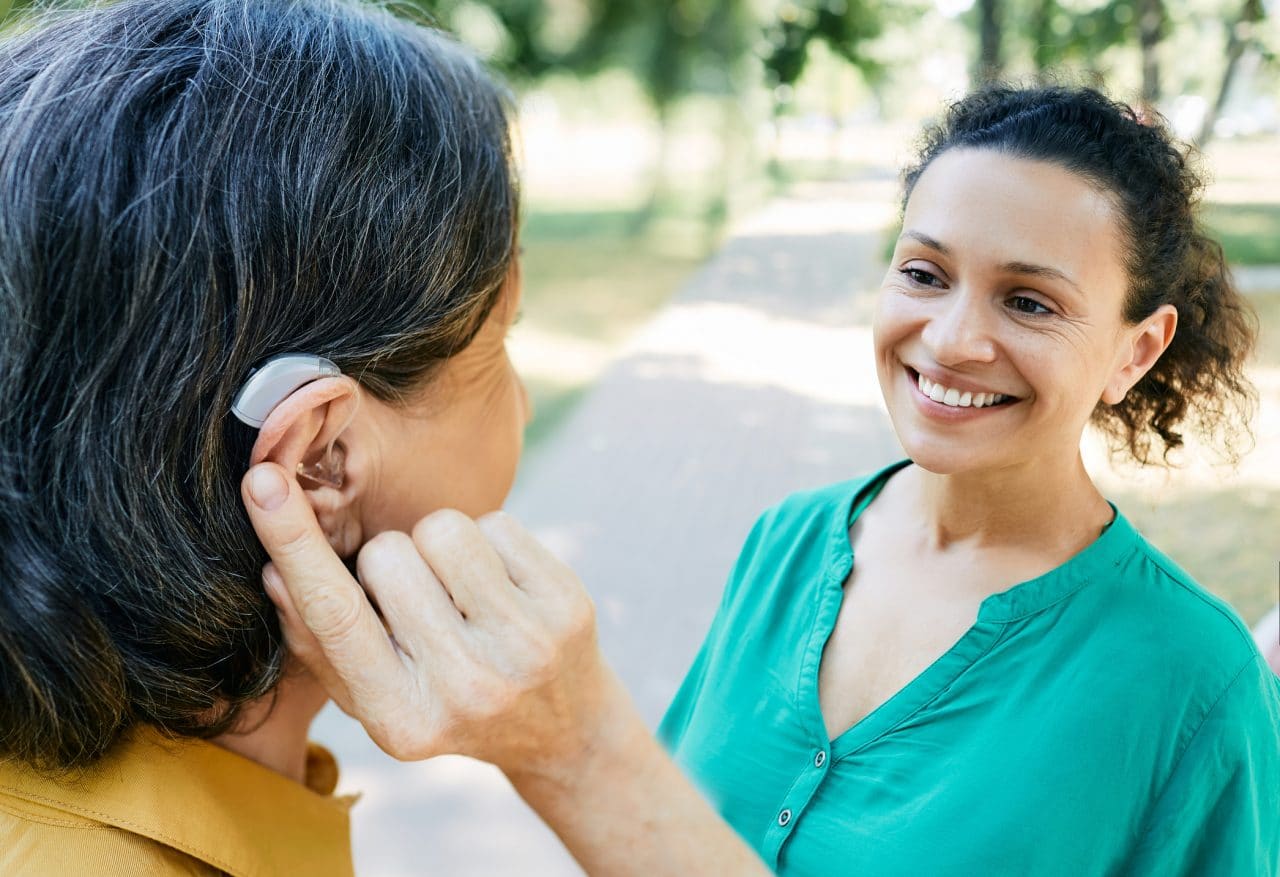It’s easy for us to think of people as falling into two categories: those who have hearing loss and those that do not.
However, like many other conditions, hearing loss falls on a complex spectrum and creates a variety of different experiences. When we fail to acknowledge that, we risk dismissing and alienating those who need support.
The Harm Caused by Binary Categorizations

Some people have hearing loss that is severe and easily noticeable to others. They may have completely lost the ability to hear, or their ability is significantly reduced, even with hearing aids or other listening devices.
People with this type of hearing loss often experience discrimination. Some assume they are less capable, and businesses and organizations often don’t provide adequate accommodations for their auditory needs.
There are also millions of people who have more mild or moderate hearing loss which may even go unnoticed by many of the people they interact with. However, the categorization of milder can discourage people from actively seeking help or support for their hearing loss.
Fear of Judgement
Many people have a fear of being judged for their hearing loss. They also worry that if their hearing loss is less noticeable, people may accuse them of faking or exaggerating their condition.
Nearly 60% of Americans with disabilities feel that others question their disability. This can lead people to feel wary of opening up to others for fear of judgment. Having to defend or prove their condition is demeaning and insulting.
It can also lead people with hearing loss to not disclose their condition to their managers, coworkers or their human resources department at work. This can deprive them of access to helpful accommodations and support.
What to Do if Someone Discloses Their Hearing Loss to You
- Avoid saying things like “I had no idea,” or “You seem to hear normally.” While the intent may be to pay them a compliment, it can appear as though you are minimizing or doubting their condition.
- Thank them for sharing and ask if there is anything that you can do to make things easier for them.
- Do not disclose their hearing loss to others without their consent.
- Ask permission before asking additional questions about their condition.
- When planning group activities, privately ask in advance if there is anything you can do to make it more accessible. For instance, “Is there anything you need to make communication easier when we go out to dinner at Bill’s Grill?”
If you have additional questions about hearing loss or wish to schedule an appointment, contact Prescott Ear, Nose, Throat & Allergy today.
